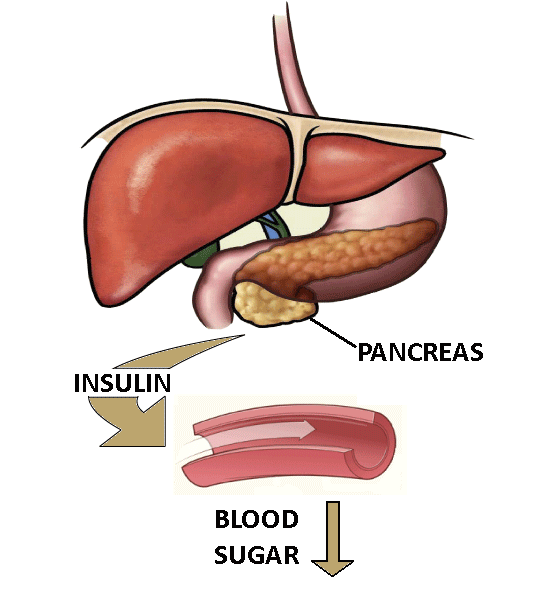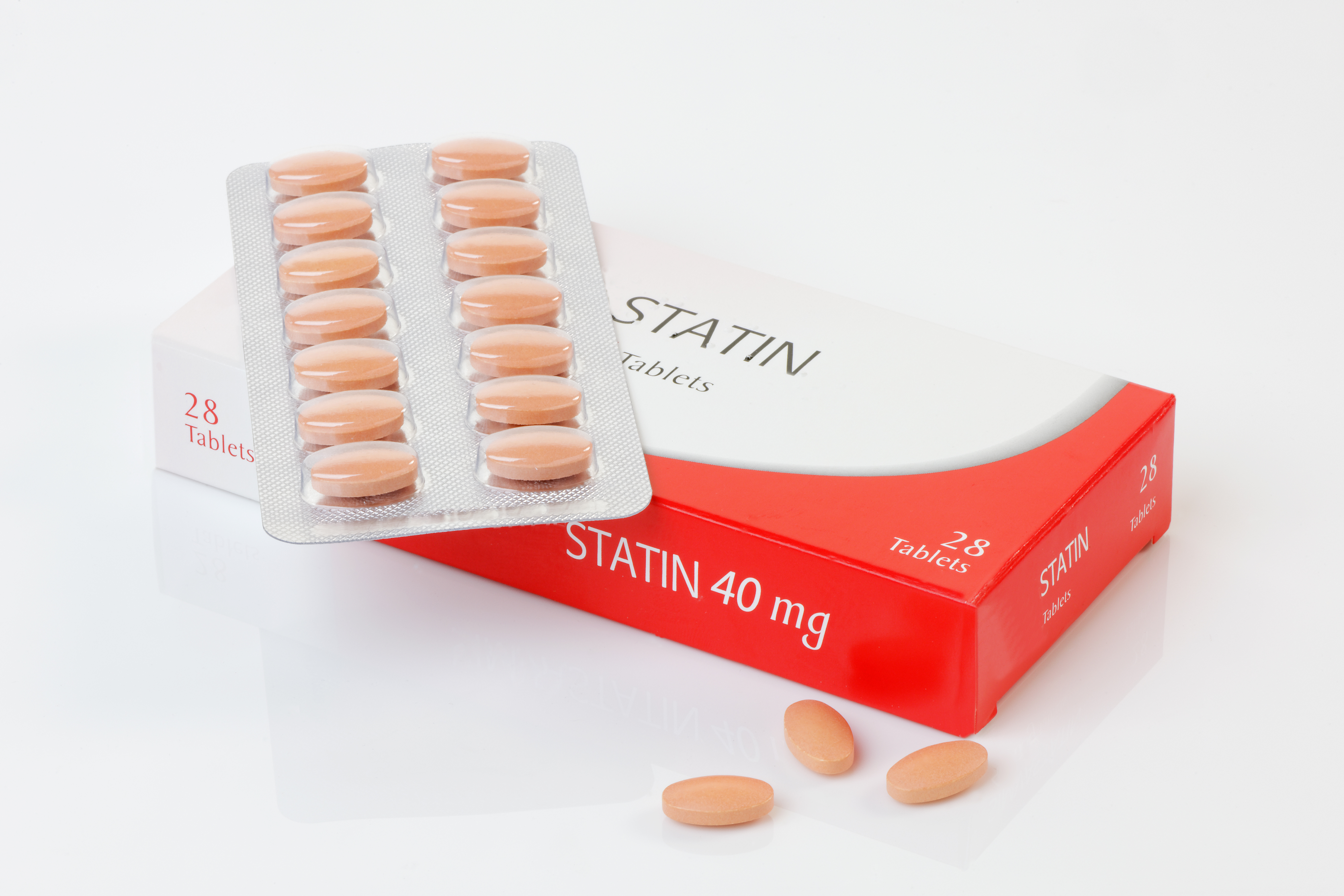Warning: Ignoring This One Habit Could Lead to Serious Health Consequences (Stroke, Heart Attack, and Early Death)
Guest post by Ronald Grisanti D.C., D.A.B.C.O., DACBN, MS, CFMP
The #1 Health Risk Most People Never Notice — Until It Leads to Serious Disease (And How to Avoid It)
When working toward your fitness or lifestyle goals, it's easy to focus only on exercise and diet.
But there's another key piece of the puzzle you can't afford to overlook: SLEEP
Good nutrition and regular exercise build the foundation of health.
Neglecting sleep can silently tear it down — often without symptoms until serious disease develops.
When life gets busy with work, family, and training, sleep often gets sacrificed first.
Missing a few hours here and there might not seem like a big deal — but over time, that "sleep debt" builds into real biological damage.
Unchecked sleep deprivation can silently drive the development of:
- Heart disease and hypertension
- Type 2 diabetes and metabolic syndrome
- Obesity
- Depression, anxiety, and mental health disorders
- Alzheimer's disease and cognitive decline
- Suppressed immunity and increased cancer risk
- Stroke and early death










